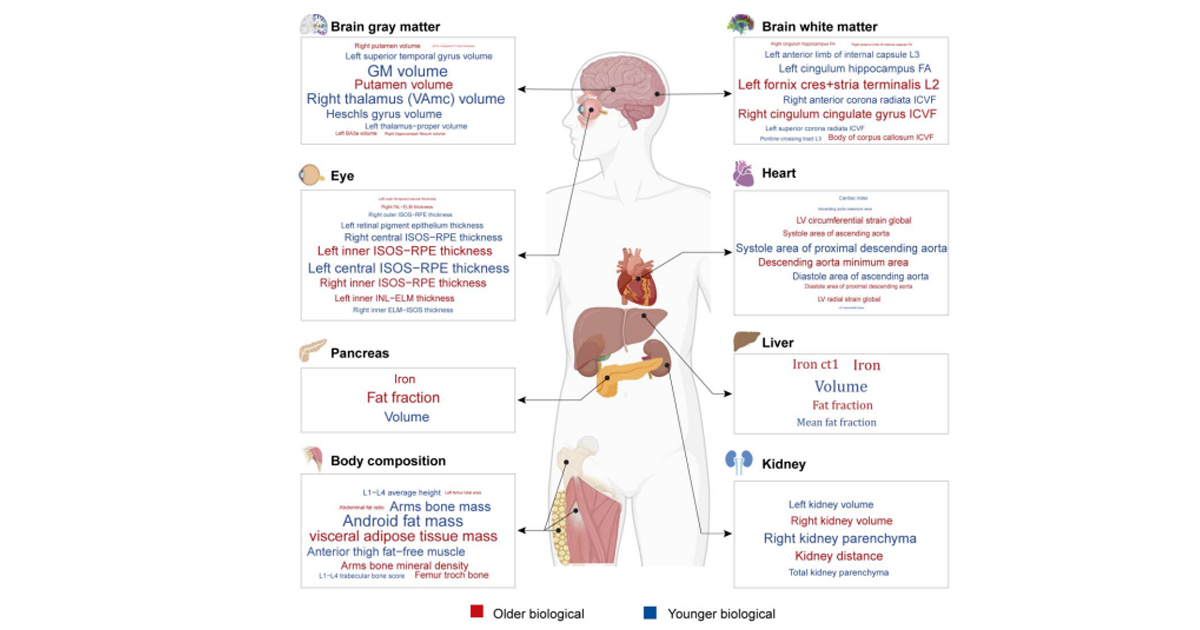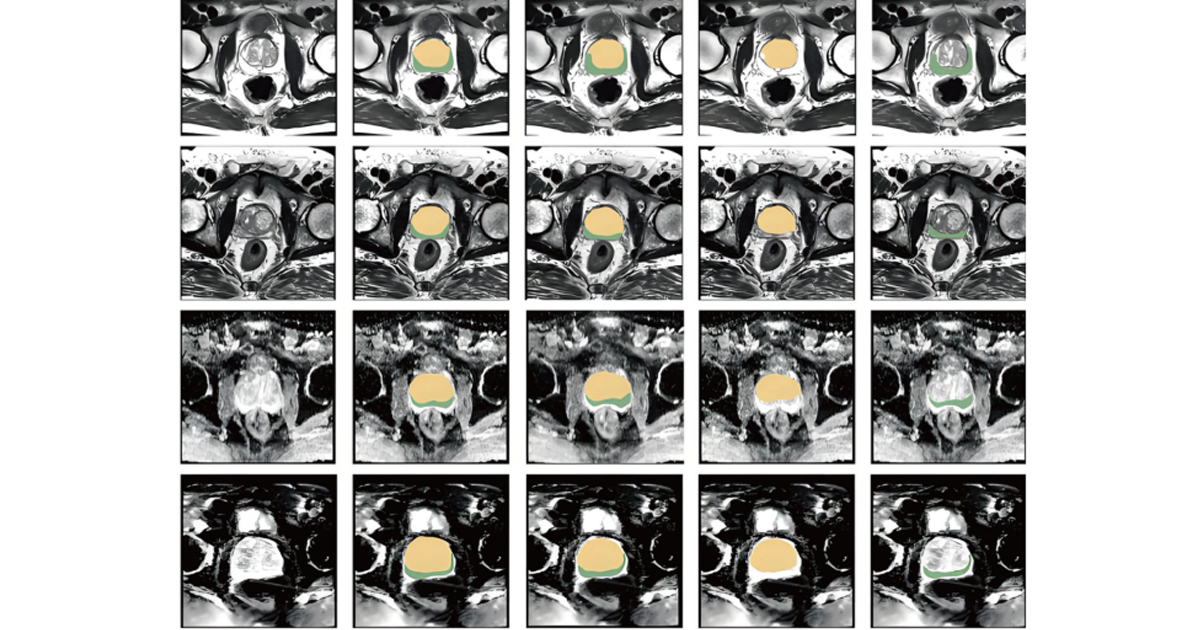A inicios de este año se publicaron los resultados de este estudio realizado en ratones en la revista Nanomedicine.
A través de trampas moleculares ingeribles hechas a partir de partículas de sílice mesoporosas (MPS) introducidas en el intestino, se podría lograr un efecto sobre la eficiencia alimentaria y otros factores de riesgo metabólico.
Los resultados de este estudio, aplicado en ratones, demostraron potencial de reducir la absorción de energía en el cuerpo, lo que podría conducir a nuevos métodos para el tratamiento de diabetes tipo 2 y obesidad.
“Elegimos un enfoque alternativo innovador. Las partículas de sílice mesoporosa (MSP) son un tipo de partículas de sílice sintética ingeribles que se pueden producir con una gran área de superficie y una variedad de tamaños de poros”, explica Tore Bengtsson del Instituto Wenner-Grenn de la Universidad de Estocolmo en Suecia.
La hipótesis planteó que las partículas podrían usarse como “tamices moleculares” en el intestino y así atrapar y bloquear las enzimas digestivas que descomponen los alimentos y así reducir la absorción de energía en el cuerpo. Para realizar las pruebas correspondientes, los ratones fueron alimentados con dietas con alto contenido calórico y en grasas combinado con MSP. Los resultados mostraron que las MSP redujeron la eficiencia alimentaria en un 33% lo que significó un menor aumento de peso en los roedores y un efecto positivo en el perfil metabólico.

“Los datos presentados en este estudio sugieren que los MSP personalizados podrían usarse para tratar la obesidad y la diabetes en humanos, especialmente si se tienen en cuenta sus excelentes perfiles de seguridad. Desde que completamos este trabajo, se han diseñado ensayos clínicos y ahora están en marcha”, explica Bengtsson.







